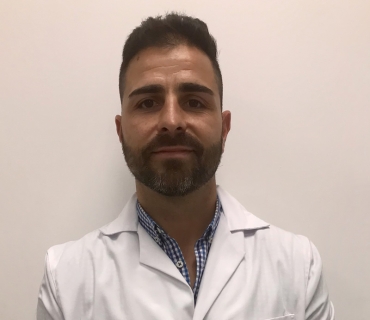Frequently asked questions about TMJ syndrome
TMJ syndrome
WHAT IS TMJ SYNDROME?
TMJ (temporomandibular joint) syndrome refers to a group of disorders that affect the jaw joint and the muscles that surround it.
WHAT ARE THE SYMPTOMS OF TMJ SYNDROME?
Symptoms of TMJ syndrome may include pain in the jaw, ear or head, difficulty opening or closing the mouth, clicking or crackling when moving the jaw, and in some cases, neck and shoulder pain.
WHAT CAUSES TMJ SYNDROME?
TMJ syndrome can have several causes, including stress, muscle tension, arthritis, bruxism (teeth grinding), poor jaw alignment, jaw or neck injury, and other factors.
HOW IS TMJ SYNDROME DIAGNOSED?
Diagnosing TMJ syndrome involves a complete dental and medical evaluation, which may include x-rays and other imaging tests. In some cases, an MRI may be necessary to evaluate the jaw joint.
WHAT IS THE TREATMENT FOR TMJ SYNDROME?
Treatment of TMJ syndrome may include diet and lifestyle changes, stretching and strengthening exercises, physical therapy, use of dental splints, pain medications, and in severe cases, surgery.
CAN TMJ SYNDROME BE PREVENTED?
While it is not always possible to prevent TMJ syndrome, you can take steps to reduce your risk of developing it, such as avoiding teeth grinding, reducing stress, and maintaining good posture.
CAN TMJ SYNDROME BE COMPLETELY CURED?
In many cases, TMJ syndrome can improve significantly with proper treatment, but in some cases, symptoms may persist chronically. It is important to seek medical attention if you experience symptoms of TMJ syndrome to receive appropriate treatment and minimize the risk of long-term complications.
































